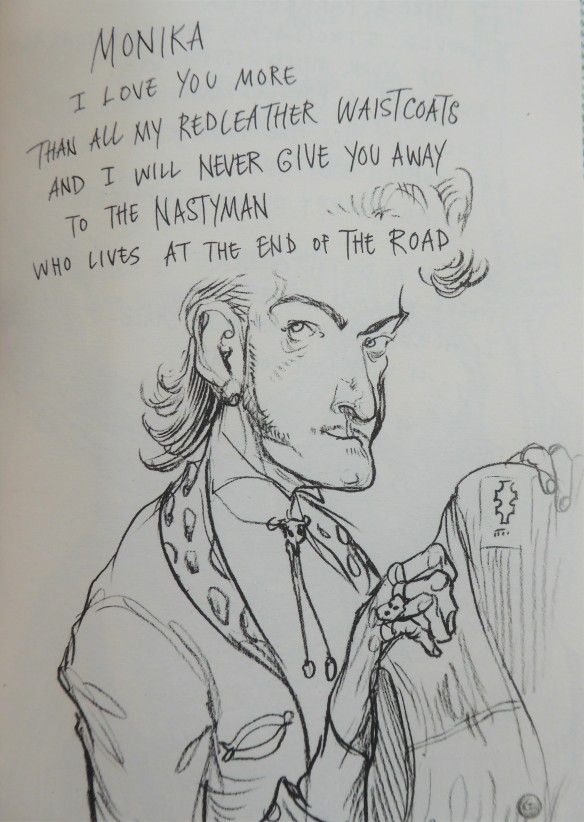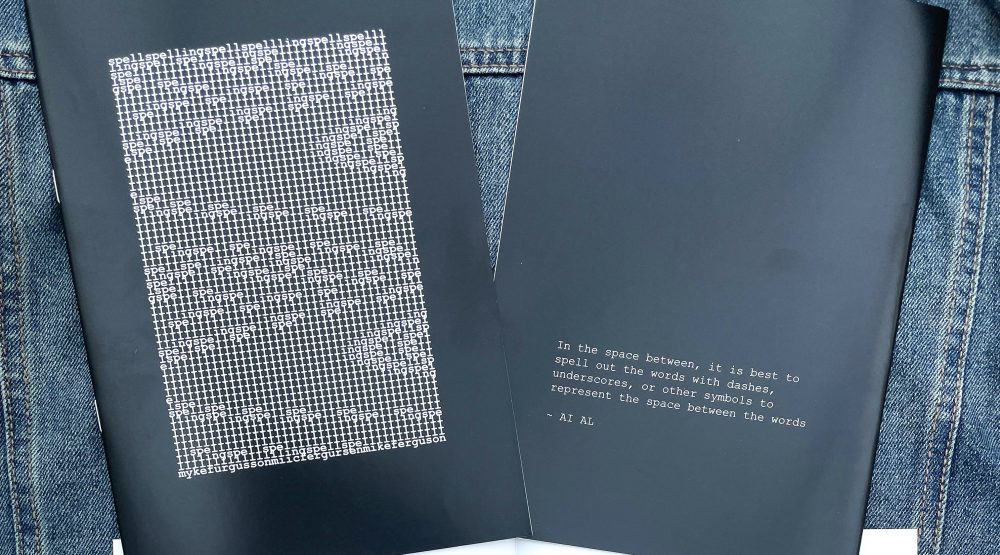I recently wrote about Penguin’s 1967 poetry collection The Mersey Sound and the BBC4 programme Sex, Chips and Poetry: 50 Years of the Mersey Sound here and it is this which prompted me to recently purchase a superb haul of Roger McGough’s largely earlier poetry books to add to my existing collection.

It isn’t that I needed reminding what a wonderful poet he is, and wonderful poet to read [there is a distinction], but nonetheless I was galvanised to seek out and buy some ‘originals’ to experience his work in its first contexts.
In my blog post referenced above I also direct any interested readers to my two reviews of McGough poetry books, but this post now is quite simply to reinforce how they are all worth having.
There is so much fun in reading his work. And he is a funny poet, but he isn’t an exclusively humorous poet. He is an accessible poet and he is witty. His work is at times playful rather than experimental, but that doesn’t mean the latter won’t apply. I’m not going to mention that he is also a deeply serious poet because that would be a platitude, though a good one. [Yes, there are bad ones. Like that one].
watchwords, 1969, is his most playful in so many ways, but especially in the poems’ presentation acrossandalong and upanddown the page. Yes, I have. Emulated. I lovethat in his writing but am going to stop now. If I were Poet Laureate makes me wonder why he hasn’t been and isn’t.
after the merrymaking, 1971, is occasionally experimental in an obvious concrete way, and it also contains the delightful section The Amazing Adventures of P.C. Plod.
gig, 1973, is a book I read in one glorious go, and I did enjoy the opening section about his poetry gigging and the towns/venues in which he stayed where the romance of being on the road is amusingly dismantled. I was also surprised to come across The Identification because I had forgotten about this [I know…], a poem I had used in my teaching and read aloud many times back in the 80s because of the power of its storytelling – and this is that wonderful original context in which to experience it, reading all that had come before because it is one of the final poems in the collection. This must have been anthologised in one of the many English resource books available in those days, when reading poetry for fun was common. Even though there were no tests on this.
holiday on death row, 1979, arrived this morning and I haven’t read yet. Everyday Eclipses, 2002, is another I haven’t read completely, but it does have the great In Two Minds which has fueled many a creative writing model for students, and me [e.g. What I love/What I hate…].
If you look next at my McGough Shelf, you’ll see the other books I have the pleasure to have. Note also how they are bookended by double copies of texts where I forgot I already have, a common occurrence with my record collection, though here the memory is worse and I sometimes have at least three of the same. I also thought it would be interesting to see McGough’s work bookended by Lemn and John because this proves I don’t alphabetise my poetry books in the same way I do my vinyl collection because that would be weird.

Lastly, I have also recently received my copy of the 50th Anniversary Edition of McGough’s Summer with Monica and its brilliant illustrations by Chris Riddell.
















